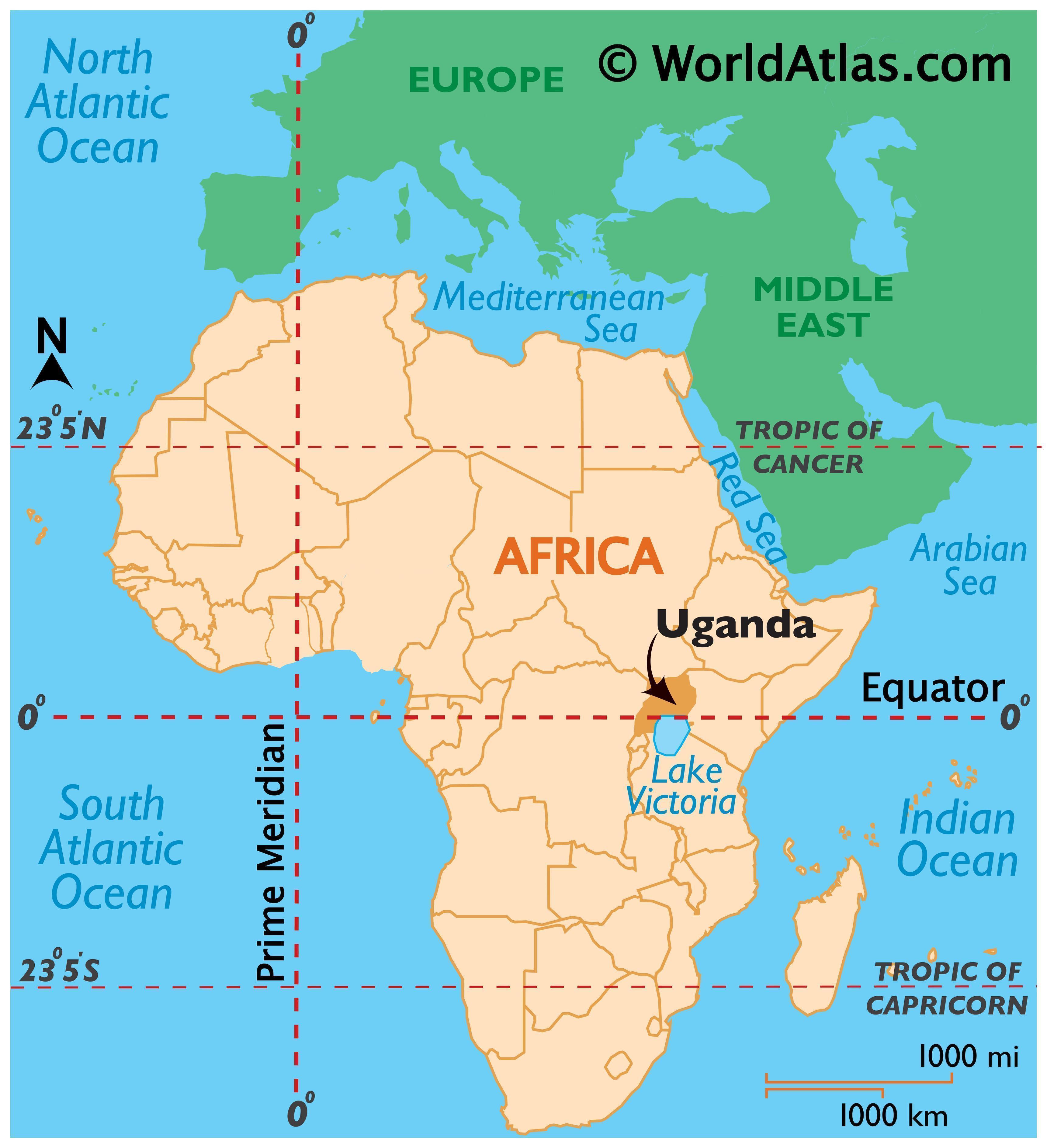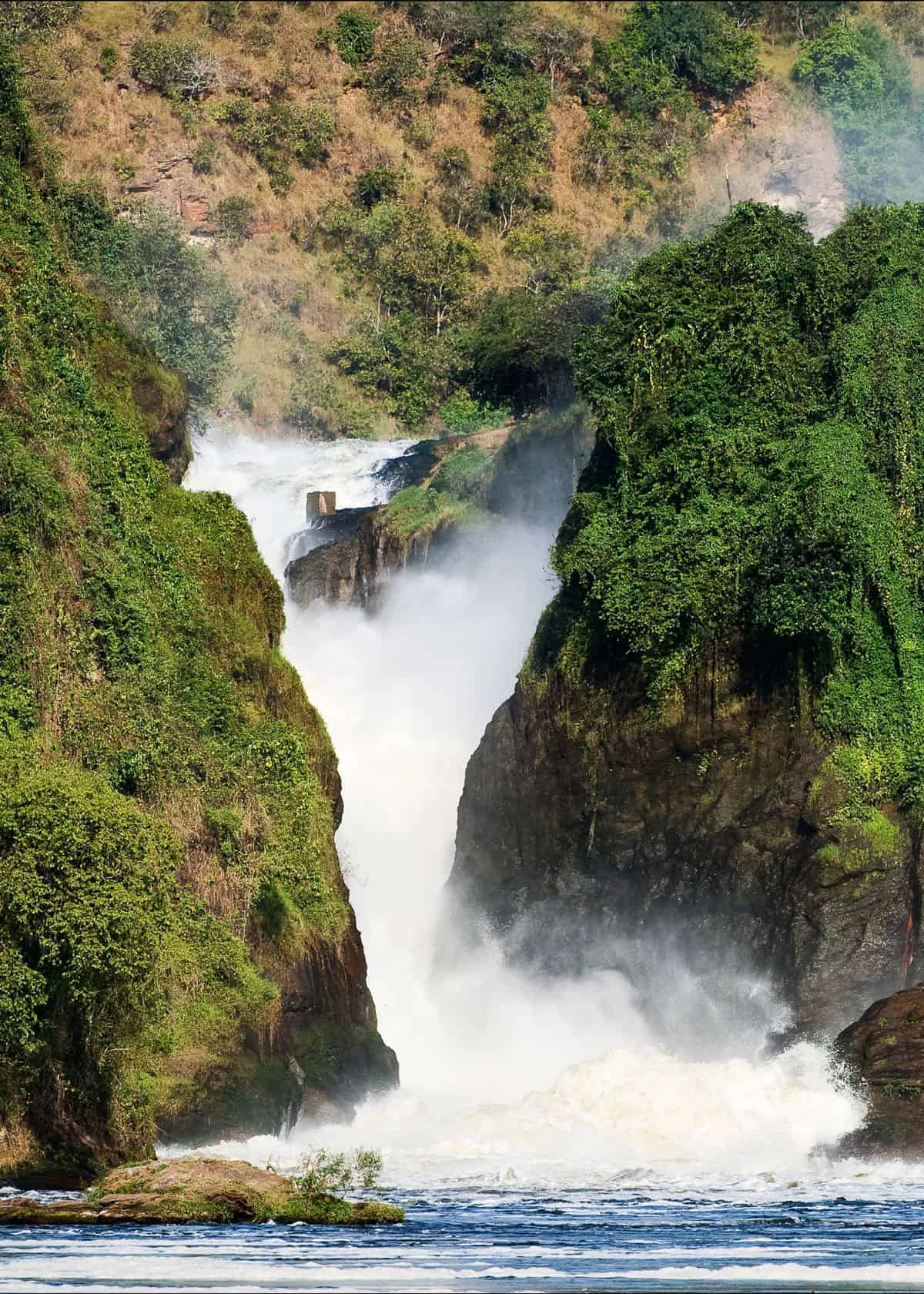Uganda, often referred to as the "Pearl of Africa," is a country rich in culture, biodiversity, and history. Nestled in the heart of East Africa, this nation offers a unique blend of natural wonders, vibrant communities, and historical landmarks that attract adventurers and nature enthusiasts alike. If you're planning your next travel adventure or simply curious about one of Africa's most dynamic countries, Uganda is an excellent destination to explore.
From the majestic landscapes of Mount Elgon to the serene waters of Lake Victoria, Uganda has something for everyone. Whether you're interested in wildlife conservation, cultural immersion, or eco-friendly tourism, this East African gem promises an unforgettable experience. In this article, we will dive deep into what makes Uganda a remarkable place, uncovering its hidden treasures and untold stories.
This article aims to provide comprehensive insights into Uganda's geography, economy, culture, and tourism opportunities. By the end, you'll understand why Uganda deserves a spot on your travel bucket list and how it contributes significantly to the global conversation about sustainable development and cultural preservation.
Read also:Gucci Third Leg The Revolutionary Fashion Statement Redefining Style
Table of Contents
- Uganda's Geography and Location
- A Brief History of Uganda
- Cultural Diversity in Uganda
- The Economy of Uganda
- Uganda's Rich Wildlife and Conservation Efforts
- Tourism in Uganda
- Education System in Uganda
- Healthcare in Uganda
- Climate and Weather Patterns in Uganda
- The Future of Uganda
Uganda's Geography and Location
Uganda is a landlocked country located in East Africa, bordered by Kenya to the east, South Sudan to the north, the Democratic Republic of the Congo to the west, Rwanda to the southwest, and Tanzania to the south. Covering an area of approximately 241,038 square kilometers, Uganda boasts diverse geographical features that contribute to its ecological significance.
Topographical Highlights
The country's landscape ranges from rolling hills and fertile plains to mountain ranges such as Mount Elgon and the Rwenzori Mountains. Lake Victoria, the largest lake in Africa, forms part of Uganda's southern border, while the Nile River, one of the world's longest rivers, flows through the country, providing vital water resources for agriculture and hydroelectric power.
Uganda's central position in Africa makes it a strategic hub for trade and travel in the region. Its equatorial location ensures a warm climate throughout the year, with two rainy seasons that support agriculture and biodiversity.
A Brief History of Uganda
The history of Uganda dates back thousands of years, with evidence of early human settlements found in the region. The Buganda Kingdom, one of the most prominent traditional monarchies in Africa, played a significant role in shaping the country's political and cultural landscape.
Colonial Era and Independence
Uganda became a British protectorate in 1894, and during this period, significant changes occurred in governance, infrastructure, and education. The country gained independence on October 9, 1962, marking the beginning of a new era. However, Uganda faced challenges, including political instability and civil unrest, which affected its development trajectory.
Today, Uganda is a democratic republic with a multi-party political system, striving to build a more stable and prosperous future for its citizens.
Read also:Michael Mando The Rising Star Who Commands Attention In Hollywood
Cultural Diversity in Uganda
Uganda is home to over 56 ethnic groups, each with its own language, traditions, and customs. This rich cultural tapestry contributes to the country's unique identity and vibrant social life.
Traditional Practices and Festivals
- Traditional dances and music are integral to Ugandan celebrations and rituals.
- Festivals such as the Buganda Kingdom's Kwanjula ceremony and the Banyankole's Engoma dance showcase the country's cultural heritage.
- Local cuisine, including dishes like matooke (steamed banana), posho, and cassava, reflects the agricultural diversity of the region.
Uganda's cultural diversity fosters mutual respect and understanding among its people, making it a model for peaceful coexistence in a multicultural society.
The Economy of Uganda
Uganda's economy is primarily driven by agriculture, which employs a significant portion of the population. Key exports include coffee, tea, cotton, and fish products. In recent years, the country has focused on diversifying its economy through investments in manufacturing, services, and technology.
Challenges and Opportunities
Despite its potential, Uganda faces challenges such as poverty, infrastructure deficits, and limited access to education and healthcare. However, initiatives aimed at improving connectivity, enhancing digital literacy, and promoting entrepreneurship offer promising solutions.
International organizations and private investors are increasingly recognizing Uganda's untapped economic potential, leading to increased foreign direct investment (FDI) and partnerships that could accelerate development.
Uganda's Rich Wildlife and Conservation Efforts
Uganda is renowned for its incredible biodiversity, home to over 1,000 bird species and a wide array of mammals, including gorillas, chimpanzees, elephants, and lions. The country's national parks, such as Bwindi Impenetrable National Park and Queen Elizabeth National Park, serve as sanctuaries for these magnificent creatures.
Conservation Initiatives
- Community-based conservation programs empower local populations to participate in wildlife protection.
- Ecotourism initiatives provide sustainable income streams while preserving natural habitats.
- Collaborations with international organizations ensure best practices in wildlife management and research.
Uganda's commitment to conservation not only safeguards its natural heritage but also contributes to global efforts to combat climate change and protect endangered species.
Tourism in Uganda
Tourism is a vital sector in Uganda's economy, attracting visitors from around the world who come to experience its natural beauty and cultural richness. Adventure seekers can enjoy activities such as gorilla trekking, white-water rafting, and mountain climbing.
Key Tourist Attractions
- Bwindi Impenetrable National Park: A UNESCO World Heritage Site famous for its mountain gorillas.
- Murchison Falls National Park: Known for its powerful waterfall and diverse wildlife.
- Lake Bunyonyi: A serene lake surrounded by terraced hills, perfect for relaxation and exploration.
Uganda's tourism industry continues to grow, driven by increased awareness of its unique offerings and improved infrastructure. The government and private sector are working together to enhance visitor experiences while maintaining environmental sustainability.
Education System in Uganda
Education is a priority for Uganda, with the government investing in improving access and quality at all levels. Primary education is free and compulsory, ensuring that children receive a basic foundation for learning.
Challenges and Innovations
Despite progress, challenges such as teacher shortages, inadequate facilities, and regional disparities persist. To address these issues, innovative solutions like e-learning platforms and teacher training programs are being implemented.
Uganda's higher education institutions, including Makerere University, are renowned for their academic excellence and research contributions, attracting students from across Africa and beyond.
Healthcare in Uganda
Uganda's healthcare system has made significant strides in recent years, with improvements in maternal and child health, HIV/AIDS management, and access to essential services. However, challenges remain in terms of resource allocation and infrastructure development.
Public Health Initiatives
- Vaccination campaigns have successfully reduced the incidence of preventable diseases.
- Community health workers play a crucial role in delivering care to remote areas.
- Partnerships with international organizations enhance capacity building and resource mobilization.
Efforts to strengthen the healthcare system focus on increasing funding, improving facilities, and promoting health education to empower individuals and communities.
Climate and Weather Patterns in Uganda
Uganda's climate is characterized by two rainy seasons, typically from March to May and October to November, with dry periods in between. The country's equatorial location ensures warm temperatures year-round, ranging from 21°C to 28°C.
Impact of Climate Change
Like many regions, Uganda is experiencing the effects of climate change, including erratic rainfall patterns and increased frequency of extreme weather events. These changes pose challenges to agriculture, water supply, and biodiversity.
Adaptation strategies, such as promoting drought-resistant crops and improving water management systems, are being implemented to mitigate these impacts and ensure long-term sustainability.
The Future of Uganda
Uganda's future is bright, with immense potential for growth and development. By addressing current challenges and leveraging its strengths, the country can achieve its goals of becoming a regional leader in various sectors.
In conclusion, Uganda offers a wealth of opportunities for exploration and investment. Its vibrant culture, stunning landscapes, and resilient people make it a destination worth visiting and supporting. We invite you to share your thoughts and experiences in the comments below or explore other articles on our site to learn more about this incredible nation.
Together, let's celebrate the beauty and promise of Uganda, a true pearl in the heart of Africa!


